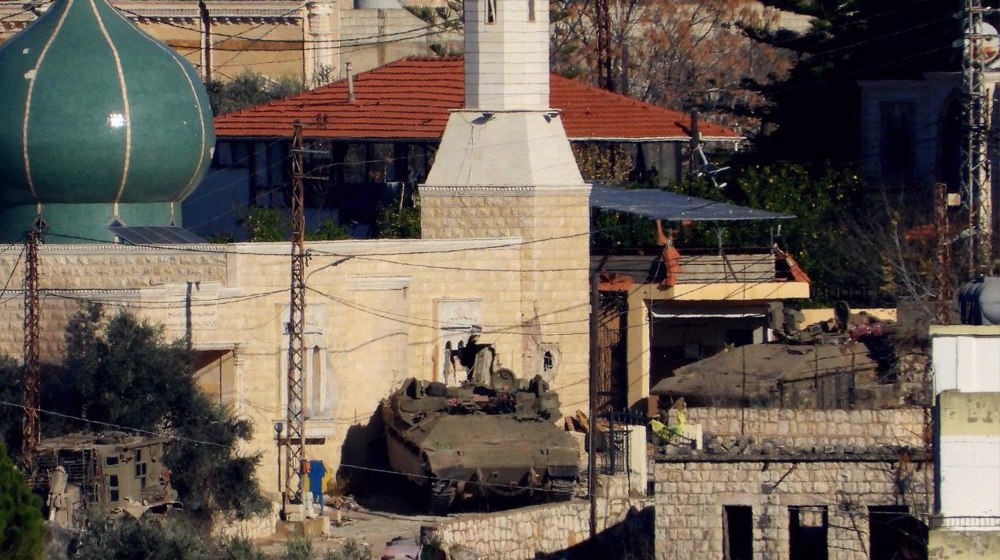Aoun says will do his best to find solution to Lebanon govt. formation deadlock
Lebanese President Michel Aoun says he will do his best to find a solution to the political stalemate that is blocking the formation of a new national unity government in the Arab country more than six months after a general election.
“The matter requires bravery and patience to reach the end, but we will find the solution because waiting is a waste of time,” Aoun said, according to a statement released by the presidency on Saturday.
Aoun further noted that no effort would be spared to resolve the problem.
His remarks came hours after Secretary General of the Hezbollah resistance movement Sayyed Hassan Nasrallah held talks with caretaker Foreign Minister and Free Patriotic Movement chief Gebran Bassil.
Their discussions focused on the government formation process and the means to resolve the obstacle hampering the formation, the National News Agency reported.

“Nasrallah and Bassil agreed that national unity should be fortified, and that dragging the country into sectarian incitement must be prevented,” Lebanon-based Arabic-language al-Manar television network, which is affiliated with Hezbollah, wrote on its official Twitter page.
🔴 #المنار_عاجل السيد نصرالله يبحث مع باسيل موضوع تشكيل الحكومة والعمل على إيجاد السبل الكفيلة لحل العقد التي تعترض إنهاء عمليّة التشكيل
— المنار عاجل (@AlmanarBreaking) November 10, 2018
Lebanon's first parliamentary vote in nine years was held on May 6, with over 500 candidates vying for seats. Turnout was 49.2 percent, according to officials.
According to official results, Hezbollah and its political allies secured over half the seats.
Hezbollah as well as groups and individuals affiliated to it won at least 67 seats in Lebanon’s parliament, according to the results cited by politicians and campaigns and reported in Lebanese media.
Hezbollah's allies include the Amal Movement led by Parliament Speaker Nabih Berri and the Christian Free Patriotic Movement founded by Aoun.
The parliamentary seats are split evenly -- 64 for Christians and 64 for Muslims, including Druze, with the two halves further divided among 11 religious groups.
Prime Minister-designate Saad al-Hariri has called on political parties to “show modesty” in their demands regarding the new government, emphasizing that he is not responsible for the serious delay.
“They are blaming me for the delay whereas each party is clinging to its stances and demands,” he told reporters on August 7 ahead of a meeting for the Future Movement’s parliamentary bloc.
“Everyone must display modesty and sacrifice for the sake of the country,” Hariri said.
Political rivalry led to years of governmental paralysis in Lebanon, and the country did not produce a state budget from 2005 until last year.
The International Monetary Fund has said that Lebanon must urgently address its fiscal policy in order to sustain its high levels of public debt.
VIDEO | Yemenis praise the military for its successful operations against Israel
VIDEO | Israel continues to bomb Gaza homes
VIDEO | An insider's view of the country: Meybod City in Yazd
‘All wars have rules. All of those rules have been broken’ by Israel
VIDEO | Report flags India’s violation of rights of Rohingya detainees
Turkey's foreign minister meets Syria's de facto leader in Damascus
VIDEO | US Syria plots
'Next to impossible' to rescue patients from Gaza's Kamal Adwan Hospital: Director

















 This makes it easy to access the Press TV website
This makes it easy to access the Press TV website